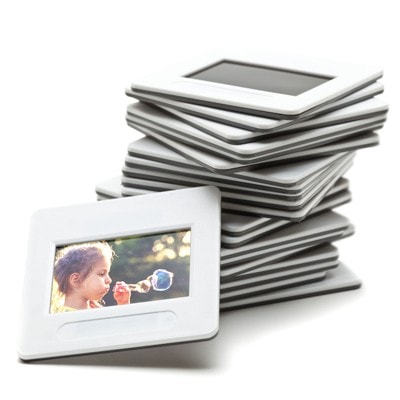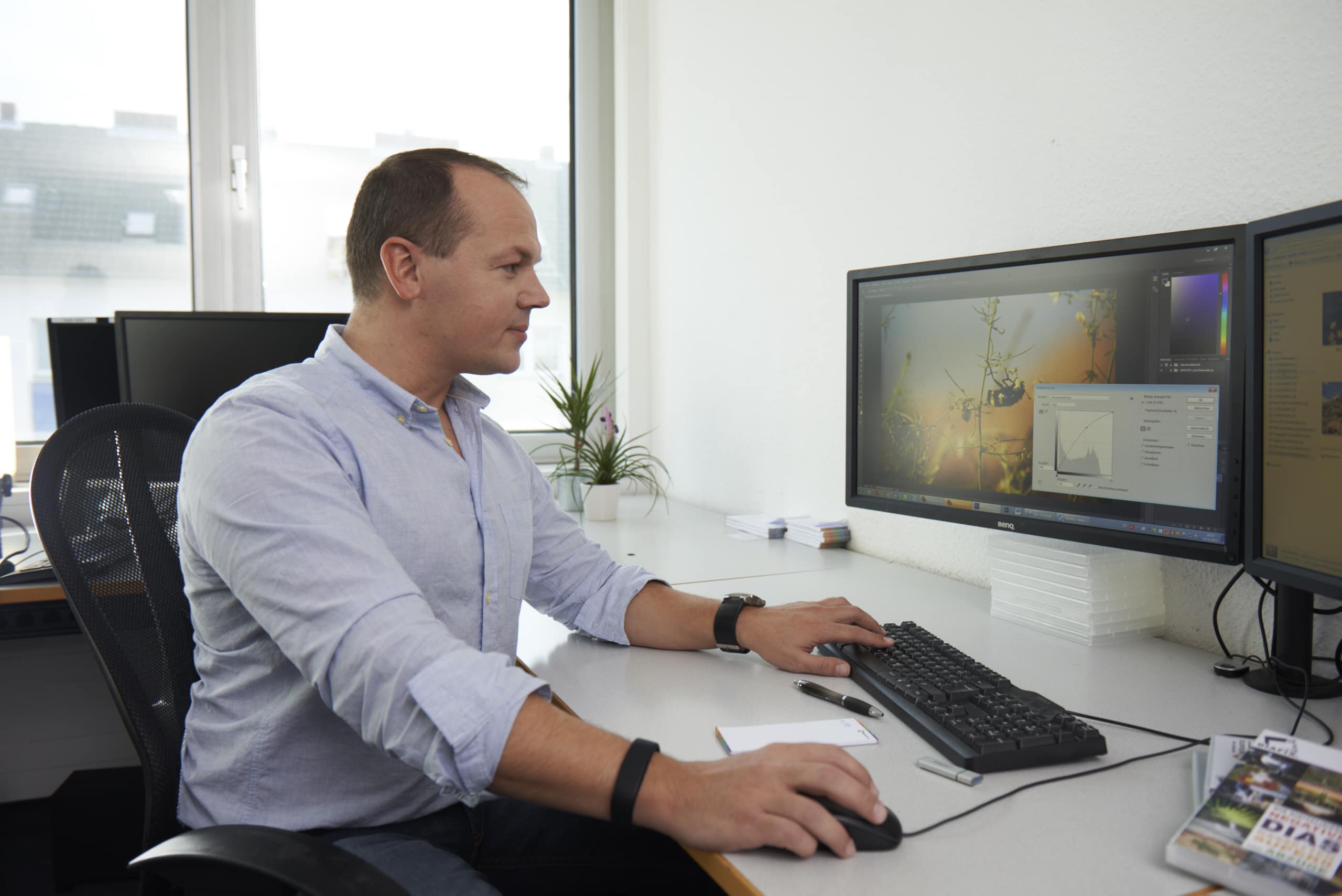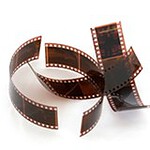 You have made up your mind and want to have your slides scanned. A very good decision, because after all, the slides in your archive lose their vitality over the years – which also has a negative effect on the documentation captured on them.
You have made up your mind and want to have your slides scanned. A very good decision, because after all, the slides in your archive lose their vitality over the years – which also has a negative effect on the documentation captured on them.
Scanning slides is the only way to preserve the witnesses of the past for the future and save them from decay through digital archiving. This is no problem for MEDIAFIX, because we can save your scanned slides as TIFF files on request – for the highest demands and reliable documentation. This keeps your archive fit for the future.
Scanning: TIFF or JPG – What’s the difference?
You are certainly familiar with JPG (or JPEG). It is one of the most widely used storage format for digital images today. Mobile phones and average digital cameras store images in this format. It compresses the images and thus takes up a small amount of storage capacity. Against the background of low data volume and fast loading times, the JPG format is particularly suitable for image display on websites. However, the image compression should not be underestimated, so that some of the image information is lost when the digital image is saved – naturally at the expense of the image quality

Although many digital cameras offer different JPG quality levels, the JPG format often does not meet the requirements of professional image processing. For this reason, photographers only save the finished image in JPG format. If images are to be professionally edited or stored for a long time, the TIFF format is often preferred.
It stands for “Tagged Image File Format” and is a preferred storage method when it comes to universally usable graphics. Unlike its little brother JPG, TIFF files are only compressed when necessary. The captured image is basically saved without losing image information in the first place. Strictly speaking, however, TIFF is not a specific storage format; it could rather be understood as a storage box for different image information.
Scanning slides and saving as TIFF: for professionals and archives
Saving scanned slides in TIFF format is interesting especially for professionals who want to edit the digitised image files. Working with images without loss of quality through compression is preferable. Besides photographers, publishers, printers and picture agencies also work with TIFF format.
It uses the relevant colour spaces, allows layers, transparent backgrounds and the storage of metadata. But that’s not all, TIFF files are also very stable over a long period of time, i.e. loss-free.
MEDIAFIX saves in TIFF format upon request
You would like to digitise your analogue archive? Then MEDIAFIX is the right contact. Thanks to scanning technology developed in-house, we can scan your slides and save them as TIFF files. Of course, a personal contact is available for the digitisation of your analogue archive who will work with you to design an offer that meets your archive’s requirements.
Scanning negatives with storage in TIFF format
 Not only slides, but also negatives can be saved in TIFF format on request. For this purpose, we have developed a special procedure in which the raw data of the original is already captured during the scan. With the “premium scan via the raw data of the negatives”, all image data is captured and saved loss-free.
Not only slides, but also negatives can be saved in TIFF format on request. For this purpose, we have developed a special procedure in which the raw data of the original is already captured during the scan. With the “premium scan via the raw data of the negatives”, all image data is captured and saved loss-free.
This process is particularly suitable for old negatives that are already prone to colour casts, because discolourations are hardly recognisable with this processing. In addition, all the possibilities of professional image processing such as long-term archiving are also fully available to you here.
Saving memories with MEDIAFIX
So what are you waiting for? Save your unique memories and have your slides, negatives, photos, cine films or video cassettes digitised – at MEDIAFIX with best-price-guarantee.
Do you have any questions? Our friendly customer service will be happy to advise you in a personal conversation.
Simply call 020 3904438-0
Our phone hours are:
Mon-Fri 10.00 a.m. - 3.00 p.m.


